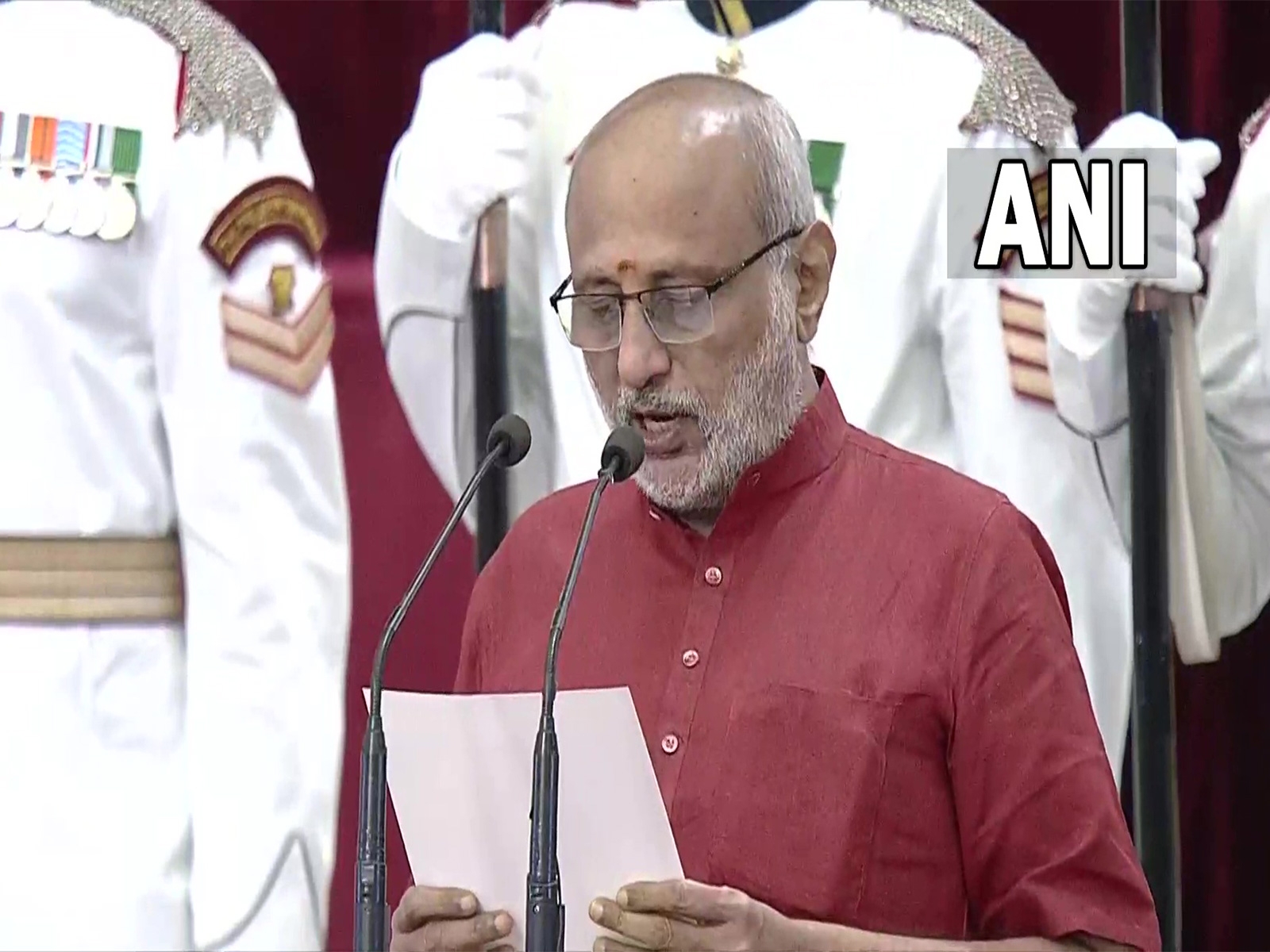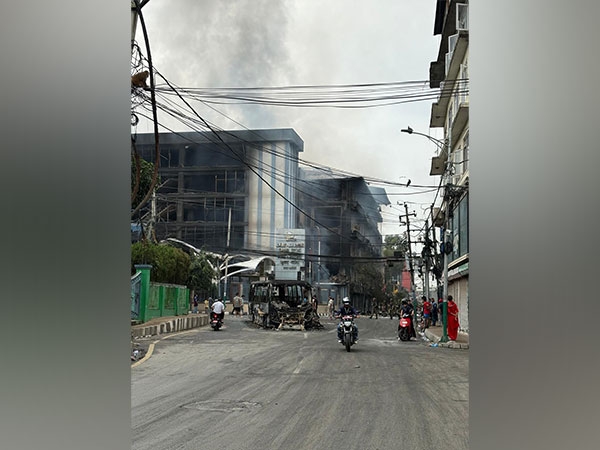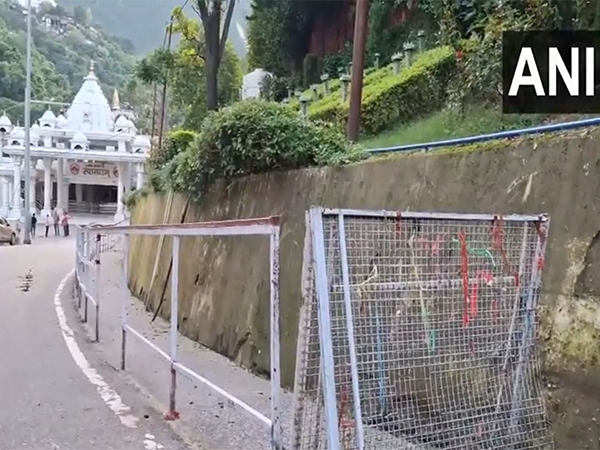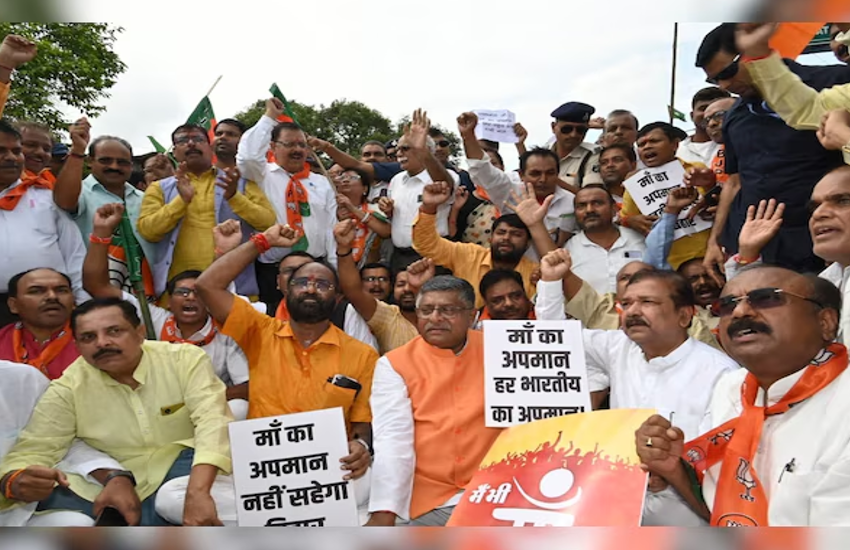UK to have public discussion on caste discrimination. Is India listening?

It's rather ironic that a discussion on the caste system and the consequent discrimination is set to take place in the United Kingdom of Great Britain and Northern Ireland. Ideally, it should have been taking place in South Asia, the birthplace of the caste system.
On 2 September, Britain's Government Equalities Office issued a notification for public discussion on the Caste and Equality Act, 2010. The British Parliament has already deliberated upon the Act in detail.
The purpose of the discussion is to ascertain whether the Act provides for enough safeguards against caste discrimination. The move is also aimed at inviting suggestions for further provisions to ensure legal protection to the victims of the caste hierarchy.
The discussion will take place for three months, and the aspects highlighted during the process would be brought before the government for a final decision on amendments to the law. The Government Equalities Office is making all efforts to ensure public participation across all social spectra.
No debate since 1947
In contrast, there has been a glaring lack of dialogue on this issue in India. The last time our nation officially deliberated on caste discrimination was during the meetings of the Constituent Assembly. The members of the Assembly had hoped that modern democracy would prove to be a panacea for this problem.
Addressing the last meeting of the Constituent Assembly, Dr Bhimrao Ambedkar had cautioned that India would never be able to become one nation till the caste problem persisted in society. This was the reason he called India a 'nation in the making'.
"The castes are anti-national, in the first place, because they bring about separation in social life. They are anti-national also because they generate jealousy and antipathy between caste and caste. But we must overcome all these difficulties if we wish to become a nation in reality," Ambedkar had stated.
On 26 January 1950, India became a republic. But even now, almost 67 years down the line, the caste system continues to inflict misery on the vast multitude of people. The Constitution prohibited untouchability, but it continues to be practised till date. Casteism and caste discrimination still remain alive in our country.
In any case, no law, not even the best Constitution in the world, can force fraternity among the people. Few people feel guilty at practising untouchability, as it has a religious sanction.
Sharad Yadav's demand
The Indian Parliament must follow Britain's example and discuss the issue of caste oppression from a new perspective. It is the highest panchayat of the country. Any discussion at this level can lead to a new beginning as the exchange of ideas in Parliament would be taken seriously by the people.
It is disturbing that the Indian Parliament has never held an elaborate debate on the issue. It has discussed the policy of reservation, as well as caste oppression. But, there has been no attempt to take a holistic approach to the caste system as a problem, and come out with viable solutions for its eradication.
Now, Janata Dal (United) MP Sharad Yadav has raised the demand for a comprehensive debate on this issue. The Modi government should accept his suggestion and call a special session of Parliament to talk about the possible solutions to the problem of caste discrimination.
Britain has shown the way in this regard. Adopting an ostrich's approach will serve no purpose. The caste system is not going to be abolished on its own. We need a well-coordinated plan to realise this goal.
Edited by Shreyas Sharma
First published: 5 September 2016, 8:50 IST




![BJP's Kapil Mishra recreates Shankar Mahadevan’s ‘Breathless’ song to highlight Delhi pollution [WATCH] BJP's Kapil Mishra recreates Shankar Mahadevan’s ‘Breathless’ song to highlight Delhi pollution [WATCH]](https://images.catchnews.com/upload/2022/11/03/kapil-mishra_240884_300x172.png)

![Anupam Kher shares pictures of his toned body on 67th birthday [MUST SEE] Anupam Kher shares pictures of his toned body on 67th birthday [MUST SEE]](https://images.catchnews.com/upload/2022/03/07/Anupam_kher_231145_300x172.jpg)






